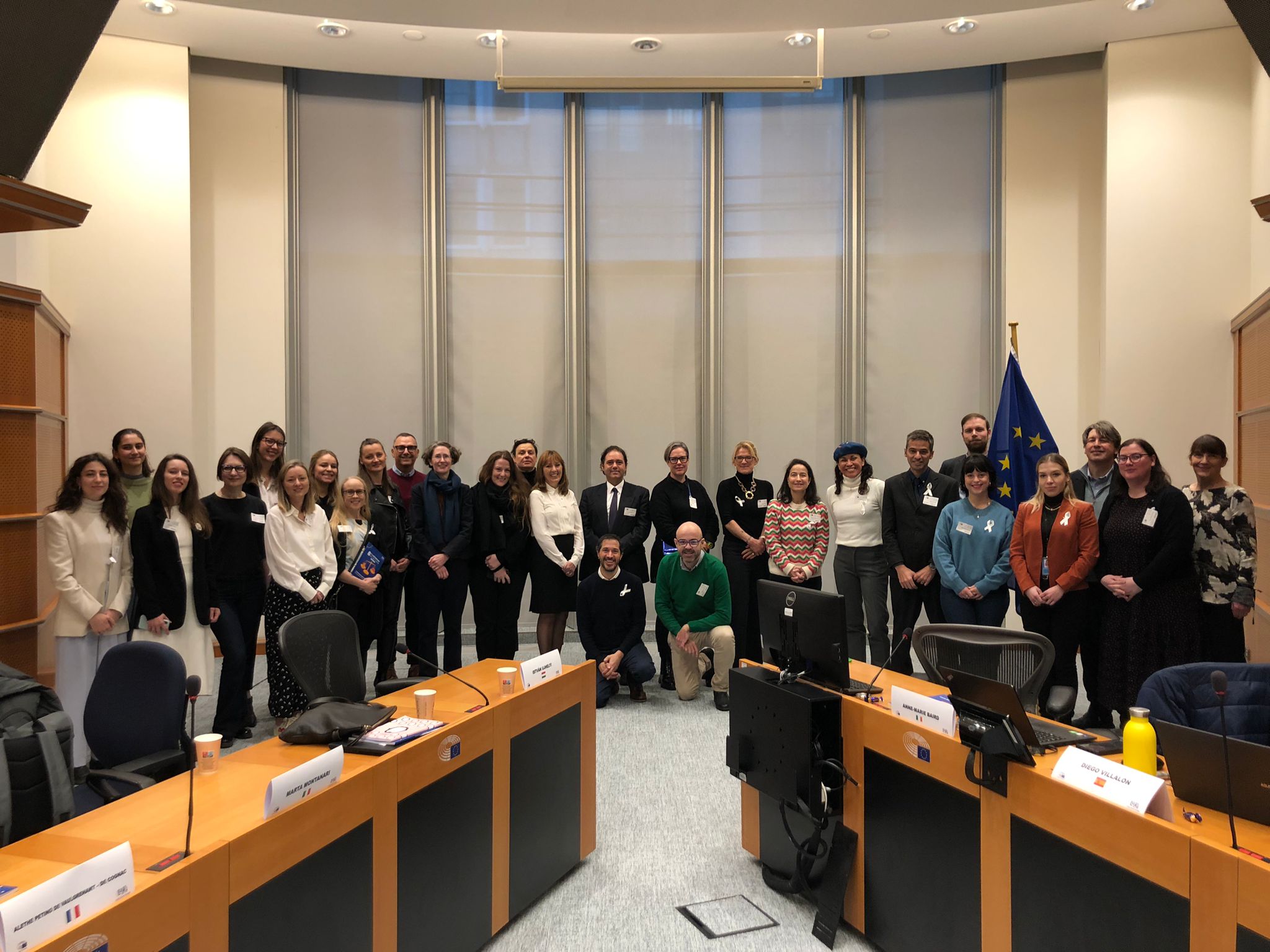-
+1 700 888 1234
-
Effingerstrasse 40 3008 Bern Switzerland

Financial impact of lung cancer: A European perspective
Brussels, November 29th, 2023 – Lung Cancer Europe (LuCE) today launched the 8th LuCE Report entitled ‘Financial impact of lung cancer: A European perspective’. The event was hosted by Mr. István Ujhelyi, MEP (Member of the European Parliament) and co-chair of the MEP Lung Health Group. The LuCE Report is an annual initiative led by the umbrella Patient organizations and its members, across Europe with the purpose of raising awareness relating to the main challenges faced by people impacted by lung cancer.
The 8th LuCE report explores the economic burden of lung cancer, as reported by people diagnosed with lung cancer and caregivers. Data was collected through a self-filled online survey (May 26th – July 5th 2023) which was completed by 1,161 participants (834 people diagnosed with lung cancer and 327 caregivers) in the WHO European Region. Our research suggests that financial toxicity is common among people impacted by lung cancer and yet only a minority of participants stated that there were benefits for people with cancer and caregivers in their country.
Anne-Marie Baird, President of LuCE commented:
“This 8th LuCE report is sobering reading, making it clear that financial toxicity impacts all spheres of life including adherence to treatment. Financial difficulties must be screened for at diagnosis, with programmes put in place to support those at risk of financial vulnerability’’.
I was hospitalized for 25 days due to a complication. There were many expenses for the family who had to visit me. It was far from home and train tickets are expensive. (Quote from a person with lung cancer from Denmark)
My husband makes decisions for treatment based on not impacting his family financially after he is gone. (Quote from a caregiver from the United Kingdom)
The full report and the executive summary are accessible here:
8th Edition of the LuCE Report – Financial impact of lung cancer: A European perspective – Lung Cancer Europe
